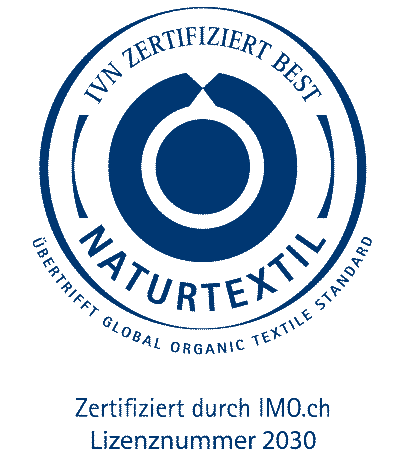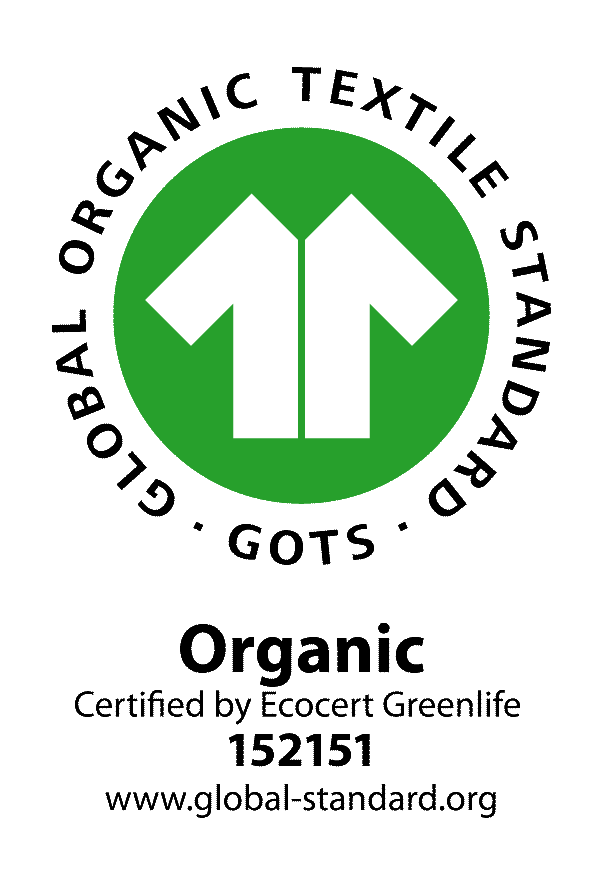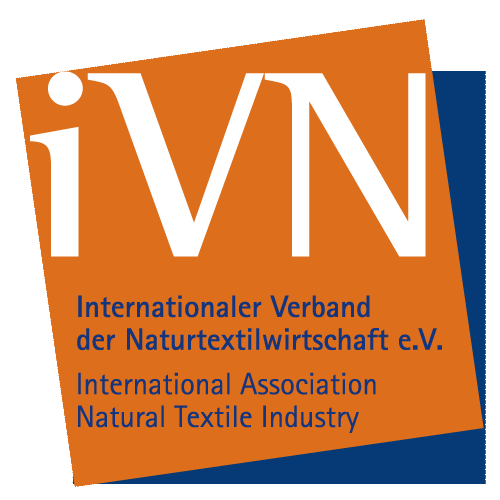Risks in our supply chain
We only manufacture clothing from natural fibers or natural fiber blends.
We mainly use the animal fiber wool and the vegetable fiber cotton.
Since we have our own fully integrated production facility in the Swabian Alb, in which we completely manufacture our high-quality knitwear ourselves, we see no risks here with regard to social and ecological aspects.
In turn, we obtain our raw materials from the dyeing of the fibers from companies known to us or GOTS certified companies.
We therefore currently see the greatest risks in our supply chain in fiber cultivation and animal husbandry.
The following risks generally exist when growing cotton:
- Child and forced labor in the field
- Occupational safety when using pesticides or environmental pollution
- Minimum wages are not paid
- Use of dangerous pesticides and defoliants
- Soil contamination through over-fertilization
- Contamination of organic BW / GMO seeds
In order to counteract these risks, we pay close attention to which countries our cotton comes from. The risk of child labor, GMO seeds in some countries such as B. Prohibited by law in Turkey and Egypt. Since we only use GOTS-certified organic cotton for cotton, these risks as well as the risks listed above are excluded again.
We therefore want to keep our unusually high share of organic BW - for a fashionable producer - in the future.
The following risks exist in wool production or animal husbandry:
- Non-compliance with animal welfare criteria
- mulesing
- Wool washing and use of chlorine bleach
In order to counteract these risks, in the first step we try to increase the proportion of wool from South America, because there mulesing is not even necessary due to the lack of the parasite.
For wool from Australia, we rely on the assurance and confirmation that mulesing will not be carried out. For wool washing, we obtain information about where it is carried out,
as this risk also mainly exists in Asian countries. We would also like to increase the proportion of GOTS-certified wool. Where this is not possible, the RWS standard should represent a minimum.
OUR NEW COLLECTIONS
»DUNQUE« AND »naturalmente«
Fall/Winter 2025-2026 WILL BE PRESENT HERE:
Innatex, im Messecenter Hofheim Rhein-Main
Showroom Wien, in der Co-Innovation-Factory Wien
Boardroom, Hotel Indigo, Kaiserswerther Strasse 20, 40477 Düsseldorf
Tagungsraum Hamburg (gegenüber von MTC), Hotel Hilton München, Ingolstädter Str. 44, 80807 München
Haus 3, Raum 114
Modecentrum Hamburg, mit Termin Skyloft B Raum 928
Innatex-Showroom-Bern
Kongresscenter Bern Expo
Our certifications:


We are member of:

